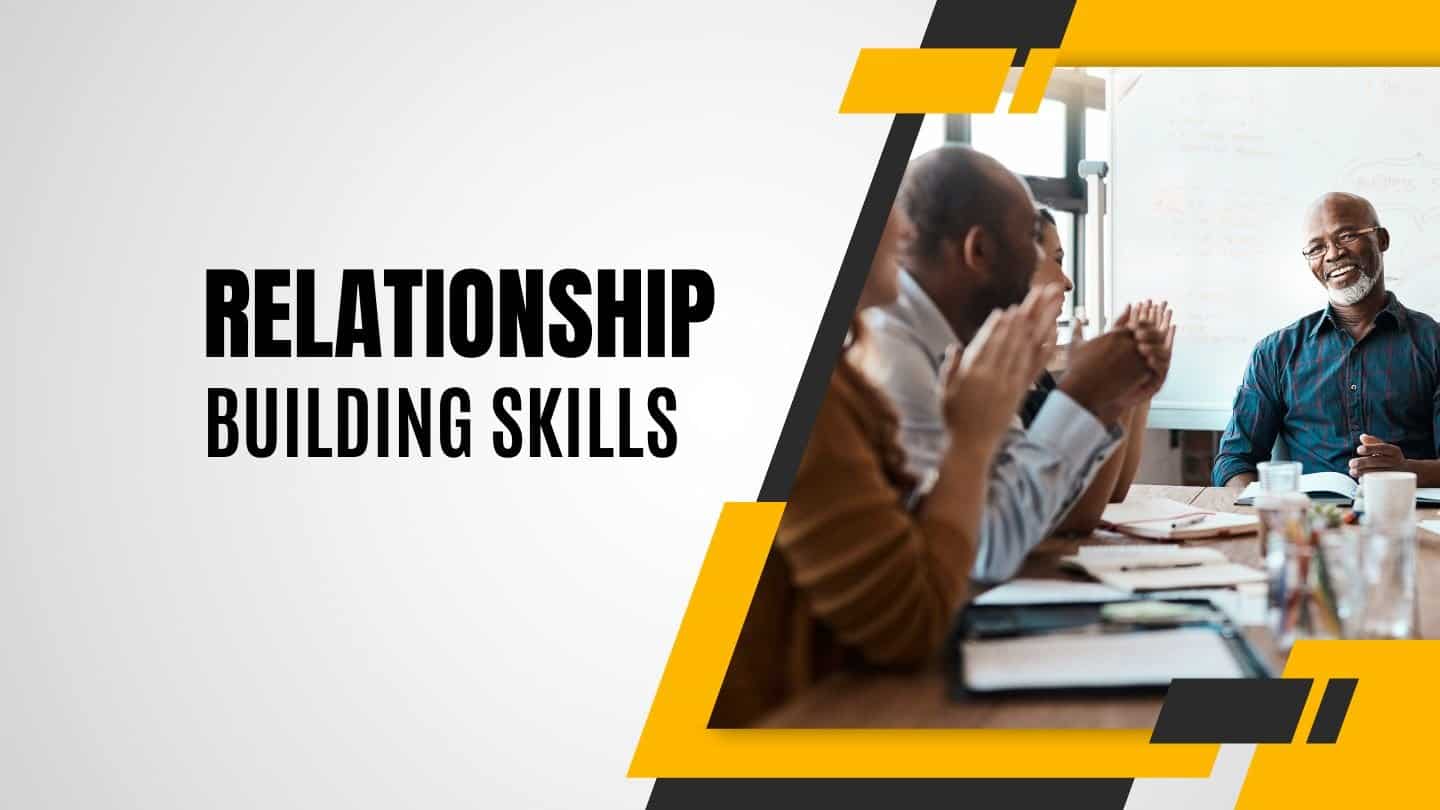Relationship Building Skills
Growing strong, meaningful relationships is important for both personal and professional growth. This article presents the primary characteristics that are necessary to develop robust and enduring associations with friends, family, coworkers, and partners alike.
Effective communication
Pay attention intently, and make sure that you’re looking your conversation partner in the eye. Refrain from butting in with random comments or inquiries; rather, try to understand their point by restating it in different words or asking further questions.
Speak openly and with conviction: Utilize terse language, the proper tone of voice, and non-verbal communication to convey your point. Be straightforward yet display respectfulness all while being firm in what you have to say.
Empathy
Empathize with others: Make the effort to put yourself in their shoes and recognize their emotions, even if you don’t concur.
Offer support: Provide emotional and practical assistance when needed, without imposing your own solutions.
Emotional intelligence
Manage your emotions: Recognize, understand, and regulate your feelings to maintain emotional stability and respond appropriately.
Be aware of others’ emotions: Observe verbal and nonverbal cues to gauge how someone is feeling and respond accordingly.
Trust and reliability
Keep your promises: Follow through on your commitments and be accountable for your actions.
Be honest: Speak the truth, even when it’s difficult, and admit when you’re wrong.
Flexibility and adaptability
Be open to change: Embrace new experiences, ideas, and perspectives, and adapt your behavior accordingly.
Manage conflict: Address disagreements constructively and find solutions that satisfy both parties.
Showing appreciation
Express gratitude: Thank people for their help, support, or kindness, and recognize their achievements.
Offer praise: Give genuine compliments and positive feedback to encourage and uplift others.
Maintaining boundaries
Know your limits: Recognize when to say no and protect your own well-being.
Respect others’ boundaries: Acknowledge and honor the personal space and limits of those around you.
Shared interests and experiences
Find common ground: Identify hobbies, goals, or values that you share with others.
Create memories: Engage in activities and experiences that strengthen your bond.
Cultivate a positive attitude
Be optimistic: Focus on the bright side of situations and maintain a hopeful outlook.
Practice kindness: Treat others with respect, compassion, and generosity.
Be patient and persistent
Give relationships time: Understand that building strong connections takes effort and dedication.
Stay committed: Work on your relationship-building skills consistently and invest time in nurturing your connections.
By practicing these relationship-building skills, you’ll be well-equipped to create and maintain fulfilling connections with the people around you. Remember, relationships are a two-way street, and mutual effort is required for them to thrive.

